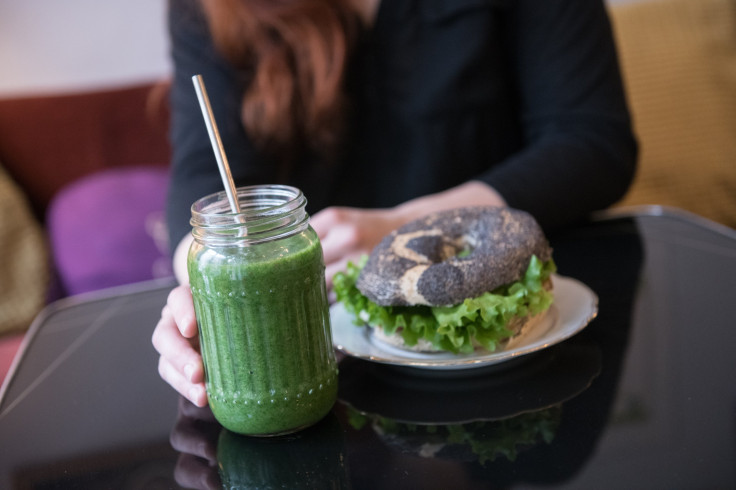Vegans More At Risk Of Having Stroke Than Meat Eaters?

Who would’ve thought vegans and vegetarians who are white Europeans would be more at risk from suffering a stroke than meat-eaters.
Seems counterintuitive but a new observational study, published in the peer-reviewed medical journal, BMJ, found vegetarians and vegans have a 20 percent higher risk of stroke compared to meat-eaters.
The study said this percentage is “equivalent to three more cases of stroke per 1,000 people over 10 years, mainly due to a higher rate of hemorrhagic stroke.” The study followed participants for 18 years. Participants all came from the United Kingdom.
It also said there isn’t a significantly higher rate of stroke for pescetarians or persons that eat fish but not meat. Vegans eat no animal products. On the other hand, vegetarians generally don't eat animals but might eat products that come from them such as milk and eggs.
Though an exact reason for the higher stroke risk among vegans and vegetarians hasn’t been established, those that follow vegetarian and vegan diets “had lower circulating cholesterol and levels of several nutrients than meat-eaters.”
Among the nutrients in deficit is vitamin B12. This dearth of this particular vitamin might be a possible cause of this phenomenon, according to the study.
Also called cobalamin, Vitamin B12 is involved in the metabolism of every cell in the human body. It’s also very important in the normal functioning of the nervous system and in the maturation of developing red blood cells in bone marrow.
Vitamin B12 is found naturally in a broad range of animal foods. Plant foods have no vitamin B12 unless fortified. Recommended amounts of vitamin B12 can be obtained by eating beef liver, clams, fish, meat, poultry, eggs, milk and other dairy products.
“The higher relative risk of stroke among vegetarians is a new contribution to the body of evidence on the health effects of a vegetarian diet,” Mark Lawrence and Sarah McNaughton, professors at Deakin University in Australia who were not involved in the study, said.
Researchers warned the study is observational. “The findings may not be widely applicable because they were mainly based on white Europeans,” the researchers said.
"It is based on results from just one study and the increase is modest relative to meat-eaters," Lawrence and McNaughton said. "Relevance to vegetarians worldwide must also be considered."




























